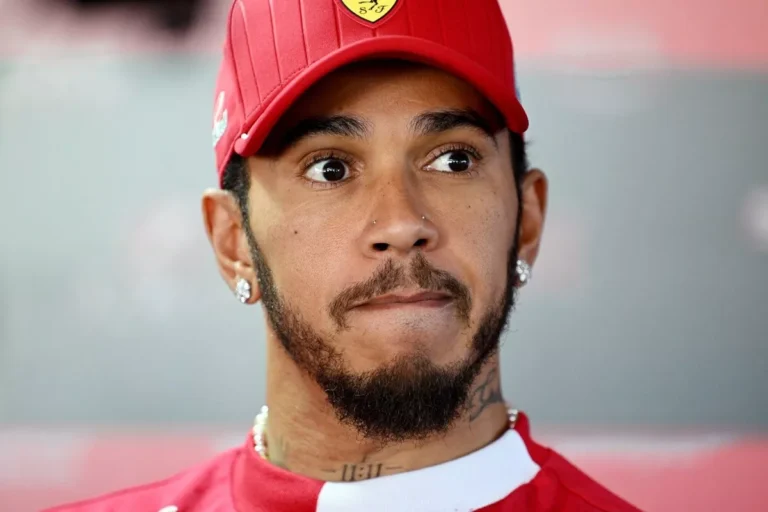Monza, Italy – In a significant move for the future of Formula 1 governance, Toto Wolff, the principal of Mercedes-AMG Petronas Formula One Team, reportedly convened a secretive meeting with Ferrari’s chairman John Elkann and team principal Fred Vasseur. The focus of this clandestine gathering was to discuss potential candidates for the FIA presidency ahead of the upcoming election. This private dialogue highlights the increasing importance of collaborative efforts among major teams as they navigate the complexities of the sport’s regulatory landscape.
Sources indicate that the meeting took place in a discreet location, away from the prying eyes of the media and spectators. With significant changes anticipated in the FIA’s leadership, Wolff, Elkann, and Vasseur appear determined to influence the direction that Formula 1 governance may take in the coming years. As teams grapple with various challenges, including technical regulations and race conduct, having a sympathetic figure at the helm of the FIA could be crucial for ensuring that the interests of the teams are adequately represented.
The trio is believed to have discussed a range of possible candidates who could lead the FIA, considering both their qualifications and their past performance within motorsport. The meeting underscores the collaborative approach that leading figures in Formula 1 are adopting, recognizing that collective support can strengthen their influence and contribute positively to the sport’s future. As Wolff has a reputation for strategic thinking, his leadership in these discussions is viewed as a key indicator of what teams value in a potential FIA president.
There has been an ongoing discussion among teams about the need for greater transparency and fairness in the FIA’s decision-making processes. Teams have expressed concerns over how certain rules have been enforced, and many believe that leadership change is necessary to foster a more inclusive environment. Wolff’s willingness to engage in dialogue with competitors like Ferrari illustrates the recognition that collaboration may yield better outcomes for all parties involved.
As the Formula 1 world watches closely, the implications of this meeting, along with the eventual choice of the FIA president, could shape the competitive landscape for seasons to come. The outcome might influence everything from regulation changes to how teams cooperate on and off the track. As discussions within the sport evolve, it’s clear that the stakes are high for both teams and governing bodies, making strategic alliances more critical than ever.

